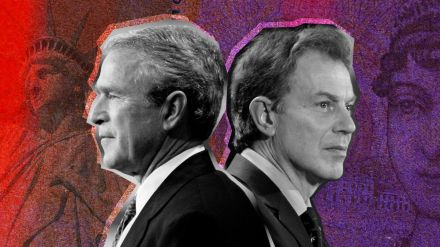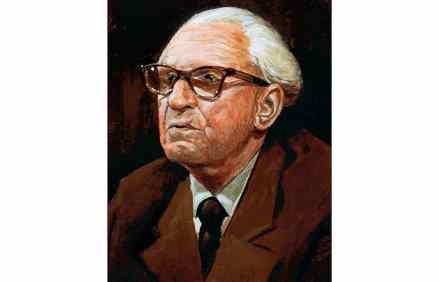Good riddance to neoliberalism
I listened to a fascinating debate on the BBC’s The World This Weekend about the ideological origins of that thing, populism. The agreeably thuggish Javier Milei had just taken the reins of Argentina and, perhaps a little late in the day, the TW2 (as it is known in BBC circles) production team had noticed that almost every election held anywhere these days – except perhaps Australia and here – tends to result in a win for a party which is either overtly populist, as in Argentina, or is called populist by its opponents and the BBC. What the hell is going on, they wondered, only ten years too late. Who



